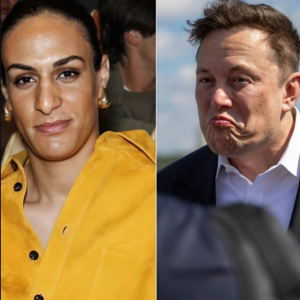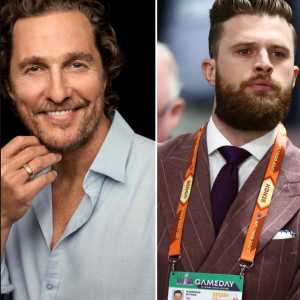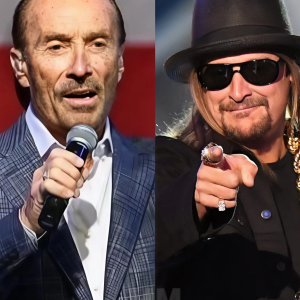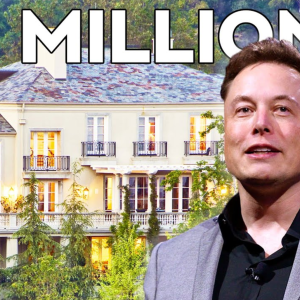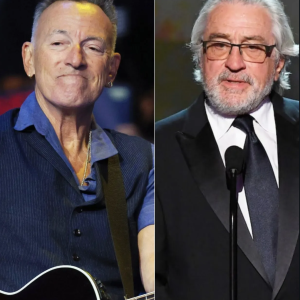In an unexpected turn of events that has taken the advertising world by storm, esteemed actor Denzel Washington has reportedly turned down a lucrative $10 million endorsement deal from retail giant Target.
His reason, as boldly stated, was that he is not interested in “saving your woke brand.”
This decision by Washington, a respected figure in Hollywood with a career spanning decades
has sparked a widespread discussion about celebrity endorsements, corporate branding, and the current cultural climate.
Washington, known for his powerful performances and a no-nonsense persona, has always maintained a certain distance from the typical Hollywood endorsement scene. His choice to decline Target’s offer, however, is not just about shying away from commercial ventures; it’s a statement reflecting a growing trend among public figures who are increasingly vocal about their personal beliefs and how they align with the brands they endorse.Target, like many other major corporations in recent years, has been actively working to position itself as a socially responsible and inclusive brand. Their campaigns have increasingly focused on diversity, inclusivity, and social justice themes, which some have labeled as “woke” initiatives. This approach, while resonating with many consumers, has also been met with skepticism and criticism from others who view it as an overemphasis on political correctness or an unnecessary foray into social issues by a retail brand.Washington’s refusal of the $10 million deal is a significant moment in this ongoing debate. His statement, “I’m not saving your woke brand,” is a direct challenge to the notion that celebrity endorsements can or should be used to bolster a company’s image in the realm of social and political activism. It raises critical questions about the authenticity and effectiveness of such campaigns and whether they align with the true values and beliefs of the celebrities who are the face of these brands.
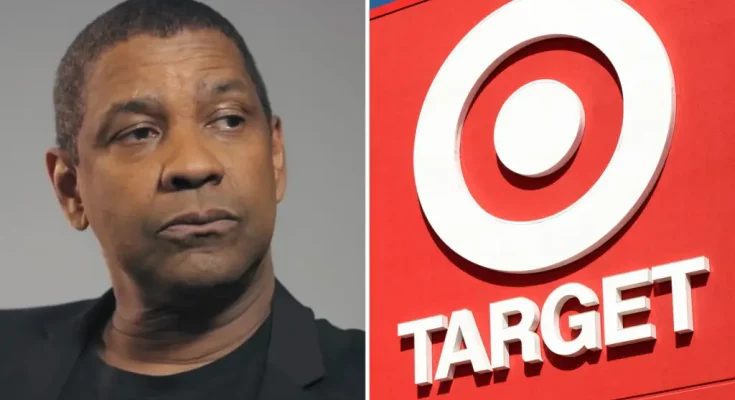
In an unexpected turn of events that has taken the advertising world by storm, esteemed actor Denzel Washington has reportedly turned down a lucrative $10 million endorsement deal from retail giant Target. His reason, as boldly stated, was that he is not interested in “saving your woke brand.” This decision by Washington, a respected figure in Hollywood with a career spanning decades, has sparked a widespread discussion about celebrity endorsements, corporate branding, and the current cultural climate.
Washington, known for his powerful performances and a no-nonsense persona, has always maintained a certain distance from the typical Hollywood endorsement scene. His choice to decline Target’s offer, however, is not just about shying away from commercial ventures; it’s a statement reflecting a growing trend among public figures who are increasingly vocal about their personal beliefs and how they align with the brands they endorse.Target, like many other major corporations in recent years, has been actively working to position itself as a socially responsible and inclusive brand. Their campaigns have increasingly focused on diversity, inclusivity, and social justice themes, which some have labeled as “woke” initiatives. This approach, while resonating with many consumers, has also been met with skepticism and criticism from others who view it as an overemphasis on political correctness or an unnecessary foray into social issues by a retail brand.Washington’s refusal of the $10 million deal is a significant moment in this ongoing debate. His statement, “I’m not saving your woke brand,” is a direct challenge to the notion that celebrity endorsements can or should be used to bolster a company’s image in the realm of social and political activism. It raises critical questions about the authenticity and effectiveness of such campaigns and whether they align with the true values and beliefs of the celebrities who are the face of these brands.
The news of Washington’s decision spread quickly, prompting a diverse range of reactions. Supporters of Washington praised his integrity and his commitment to staying true to his personal beliefs. They view his decision as a stand against the commodification of social justice issues, arguing that not every aspect of culture and politics needs to be monetized or turned into a marketing strategy.
On the other side of the discussion, some argue that Washington’s rejection of the deal is a missed opportunity to use his influence for positive social change. They contend that celebrities have the platform and power to raise awareness and drive meaningful conversations, especially when partnering with large corporations like Target that have a vast reach.
The decision also shines a light on the broader issue of how brands navigate the complex waters of modern social issues. In an era where consumers are increasingly looking for brands that align with their values, companies are often walking a tightrope, trying to appeal to a diverse customer base while also standing for something more than just their products or services.
For Target, the rejection by Washington is a moment of reflection. It poses a challenge to their marketing strategy and prompts a reassessment of how they engage with celebrities and public figures. The incident underscores the importance of authentic alignment between a brand’s values and the values of those they choose to represent them.
In the grand scheme of things, Washington’s decision is more than just a headline about a celebrity turning down a big paycheck. It’s a reflection of a larger cultural conversation about the role of celebrities in marketing, the responsibilities of corporations in societal issues, and the evolving expectations of consumers in a rapidly changing social landscape.
As for Denzel Washington, this move further cements his reputation as an artist who is unafraid to speak his mind and stand by his principles, regardless of the financial incentive. His career, marked by a series of powerful performances and a deep sense of artistic integrity, now includes a bold statement in the world of celebrity endorsements and corporate partnerships.
This episode serves as a reminder that in today’s complex cultural and political environment, the relationships between celebrities, brands, and consumers are more nuanced than ever. As the lines between entertainment, commerce, and activism continue to blur, the choices made by individuals like Washington will likely play a significant role in shaping the future of celebrity endorsements and corporate branding strategies.
In conclusion, Washington’s rejection of the Target endorsement deal is not just a singular event in the world of celebrity news. It represents a broader shift in the dynamics of advertising, public persona, and corporate responsibility. It challenges both celebrities and brands to think deeply about the messages they endorse and the causes they support, ensuring that their partnerships are grounded in authenticity and aligned with their core values and beliefs.
The news of Washington’s decision spread quickly, prompting a diverse range of reactions. Supporters of Washington praised his integrity and his commitment to staying true to his personal beliefs. They view his decision as a stand against the commodification of social justice issues, arguing that not every aspect of culture and politics needs to be monetized or turned into a marketing strategy.
On the other side of the discussion, some argue that Washington’s rejection of the deal is a missed opportunity to use his influence for positive social change. They contend that celebrities have the platform and power to raise awareness and drive meaningful conversations, especially when partnering with large corporations like Target that have a vast reach.
The decision also shines a light on the broader issue of how brands navigate the complex waters of modern social issues. In an era where consumers are increasingly looking for brands that align with their values, companies are often walking a tightrope, trying to appeal to a diverse customer base while also standing for something more than just their products or services.
For Target, the rejection by Washington is a moment of reflection. It poses a challenge to their marketing strategy and prompts a reassessment of how they engage with celebrities and public figures. The incident underscores the importance of authentic alignment between a brand’s values and the values of those they choose to represent them.
In the grand scheme of things, Washington’s decision is more than just a headline about a celebrity turning down a big paycheck. It’s a reflection of a larger cultural conversation about the role of celebrities in marketing, the responsibilities of corporations in societal issues, and the evolving expectations of consumers in a rapidly changing social landscape.
As for Denzel Washington, this move further cements his reputation as an artist who is unafraid to speak his mind and stand by his principles, regardless of the financial incentive. His career, marked by a series of powerful performances and a deep sense of artistic integrity, now includes a bold statement in the world of celebrity endorsements and corporate partnerships.
This episode serves as a reminder that in today’s complex cultural and political environment, the relationships between celebrities, brands, and consumers are more nuanced than ever. As the lines between entertainment, commerce, and activism continue to blur, the choices made by individuals like Washington will likely play a significant role in shaping the future of celebrity endorsements and corporate branding strategies.
In conclusion, Washington’s rejection of the Target endorsement deal is not just a singular event in the world of celebrity news. It represents a broader shift in the dynamics of advertising, public persona, and corporate responsibility. It challenges both celebrities and brands to think deeply about the messages they endorse and the causes they support, ensuring that their partnerships are grounded in authenticity and aligned with their core values and beliefs.
